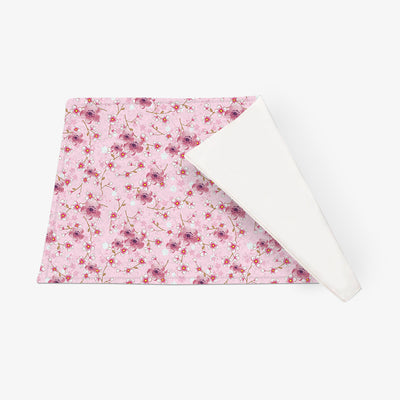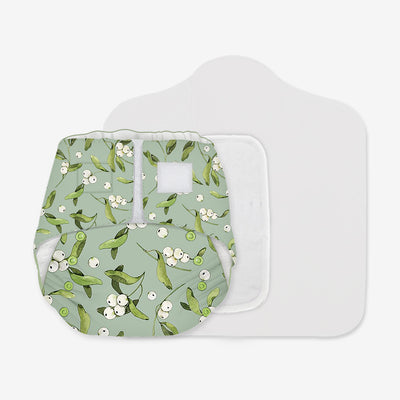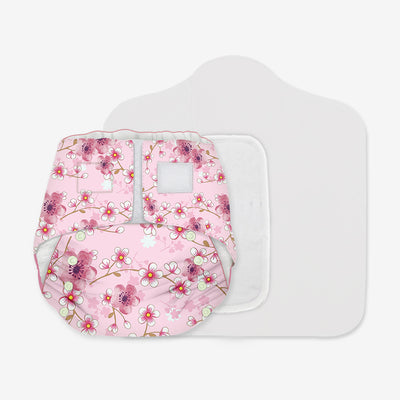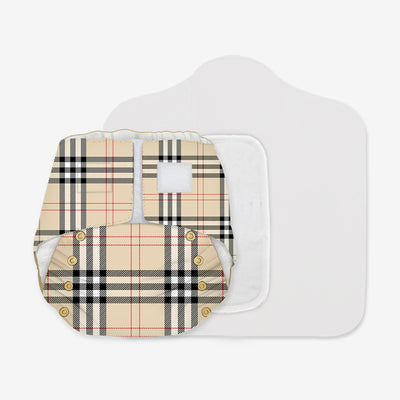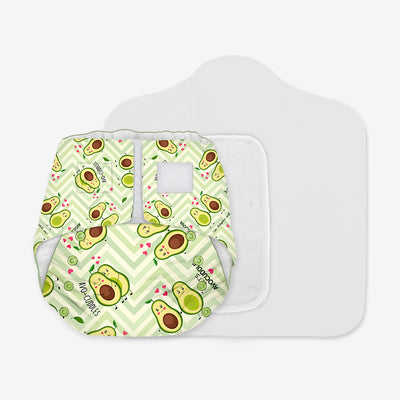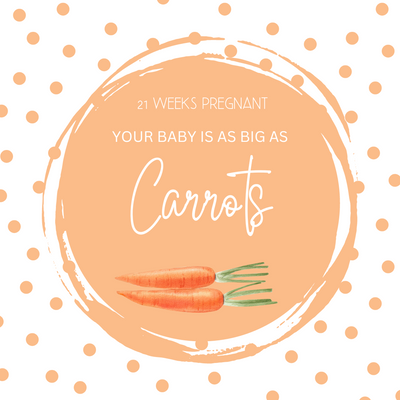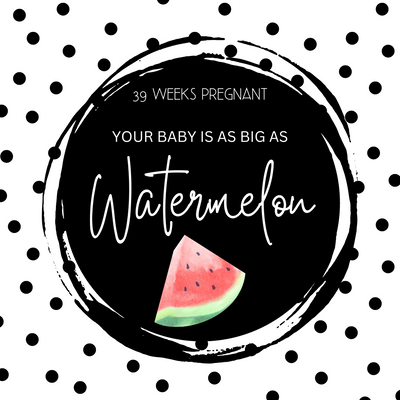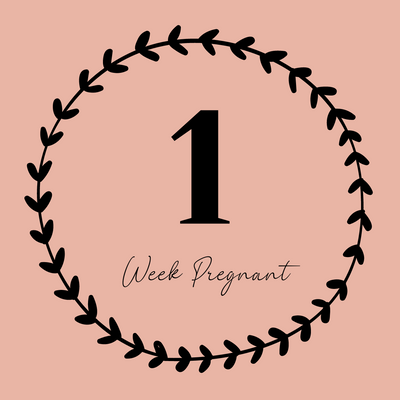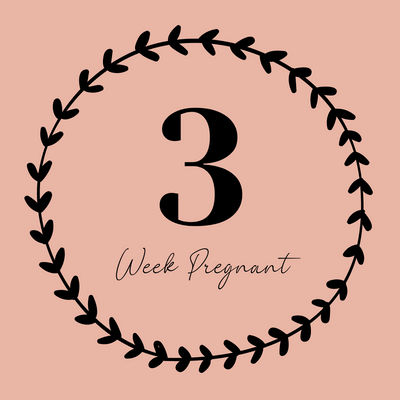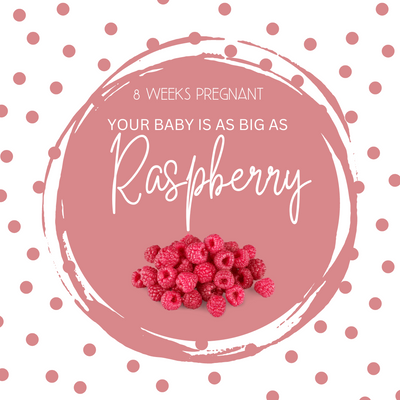Pregnancy Diet Chart: Essential Guide for a Healthy Pregnancy

Pregnancy is a special time in a woman's life when she needs to focus on her health and nutrition to support the growth and development of her baby. A well-balanced and nutritious diet is crucial during pregnancy to ensure both the mother and the baby receive the essential nutrients they need. In this article, we will provide you with a comprehensive diet chart for pregnancy, covering the essential nutrients, foods to include, and foods to avoid.
The Importance of a Healthy Diet During Pregnancy
During pregnancy, a woman's body undergoes significant changes, and it requires additional nutrients to support the development of the baby. A healthy diet during this time can provide the necessary vitamins, minerals, and energy to promote fetal growth and development while ensuring the mother's well-being.
1. Key Nutrients for Pregnancy
Folic Acid
Folic acid plays a crucial role in the early development of the baby's neural tube and can help prevent birth defects. It can be found in foods such as leafy green vegetables, citrus fruits, beans, and fortified cereals.
Iron
Iron is essential for the production of red blood cells and to prevent iron-deficiency anemia in the mother. Excellent sources of iron comprise of lean meats, poultry, fish, legumes, and fortified cereals.
Calcium
Calcium plays a crucial role in the formation and growth of the baby's skeletal system, including its bones and teeth. Dairy products such as milk, cheese, and yogurt are superb sources of calcium. If you're lactose intolerant or have dietary restrictions, consider calcium-fortified alternatives.
Protein
Protein is crucial for the growth and repair of tissues and the production of enzymes and hormones. Include lean meats, poultry, fish, eggs, dairy products, legumes, and tofu in your diet to meet your protein needs.
Omega-3 Fatty Acids
Omega-3 fatty acids, particularly DHA, are important for the baby's brain and eye development. Good sources include fatty fish (such as salmon and sardines), walnuts, chia seeds, and flaxseeds.
2. Foods to Include in Your Pregnancy Diet
Fruits and Vegetables
Colorful fruits and vegetables provide a wide range of vitamins, minerals, and antioxidants. Aim for a variety of options like berries, oranges, spinach, broccoli, carrots, and sweet potatoes.
Whole Grains
Whole grains are abundant in fiber, vitamins, and minerals. Opt for whole wheat bread, brown rice, oats, and quinoa to add important nutrients to your meals.
Lean Protein Sources
Choose lean cuts of meat, poultry without the skin, fish, eggs, and plant-based proteins like legumes, tofu, and tempeh to meet your protein requirements.
Dairy Products
Include low-fat or fat-free milk, yogurt, and cheese in your diet for calcium, vitamin D, and protein. If you're lactose intolerant, consider lactose-free or fortified alternatives.
Healthy Fats
Include nourishing fats from sources such as avocados, nuts, seeds, and olive oil. These fats are essential for the baby's brain development and nutrient absorption.
3. Foods to Avoid During Pregnancy
While some foods are nutritious, certain ones should be avoided during pregnancy due to the risk of foodborne illnesses or potential harm to the baby. These include:
1.Raw or undercooked meats, poultry, and seafood
- Unpasteurized dairy products
- Certain fish with high mercury content, such as shark, swordfish, and king mackerel
- Alcohol and caffeine
- Raw eggs or foods containing raw eggs, like homemade Caesar dressings or cookie dough
- Meal Ideas for a Healthy Pregnancy
Breakfast Options
- A serving of oatmeal adorned with berries and almonds.
- Enjoy a delicious combination of whole grain toast topped with creamy avocado and fluffy scrambled eggs
- For a refreshing treat, savor Greek yogurt paired with sliced fruits and a delightful sprinkle of granola
Lunch and Dinner Ideas
- Savor a delightful dish of grilled chicken breast served alongside nutritious quinoa and roasted vegetables.
- A delicious meal consisting of oven-baked salmon accompanied by sweet potato and steamed broccoli.
- Indulge in a comforting bowl of lentil soup accompanied by a refreshing side salad and a serving of whole-grain bread.
Snacks and Desserts
- Carrot sticks with hummus
- Greek yogurt with honey and walnuts
- Dark chocolate-covered strawberries
- Staying Hydrated During Pregnancy
Proper hydration is essential during pregnancy. Aim to drink at least eight glasses of water each day, and increase your intake if you're physically active or during hot weather. You can also include herbal teas and 100% fruit juices as part of your fluid intake.
6. Common Concerns and Tips for a Healthy Pregnancy
Dealing with Morning Sickness
If you're experiencing morning sickness, try having smaller, more frequent meals throughout the day, and opt for bland, easy-to-digest foods like crackers or ginger tea. Consult your healthcare provider if morning sickness persists or becomes severe.
Managing Weight Gain
Weight gain during pregnancy is normal and necessary, but it's important to gain weight gradually and within a healthy range. Prioritize nutrient-rich foods and pay attention to your body's signals of hunger and fullness.
Combating Fatigue
Pregnancy can be physically demanding, and fatigue is common. Ensure you get enough rest, practice stress-reducing activities, and maintain a well-balanced diet to combat fatigue.
Coping with Food Cravings
It's normal to experience food cravings during pregnancy. While it's okay to indulge occasionally, try to make healthier choices most of the time. For example, if you're craving sweets, opt for fruits or yogurt instead of sugary snacks.
7. Exercise and Physical Activity During Pregnancy
Regular exercise during pregnancy can provide numerous benefits, including improved mood, reduced pregnancy discomfort, and better sleep. Consult your healthcare provider for exercise recommendations suitable for your pregnancy.
8.The Role of Prenatal Supplements
Prenatal supplements are important to ensure you meet the increased nutrient requirements during pregnancy. Consult your healthcare provider to determine the appropriate prenatal vitamin and mineral supplements for you.



